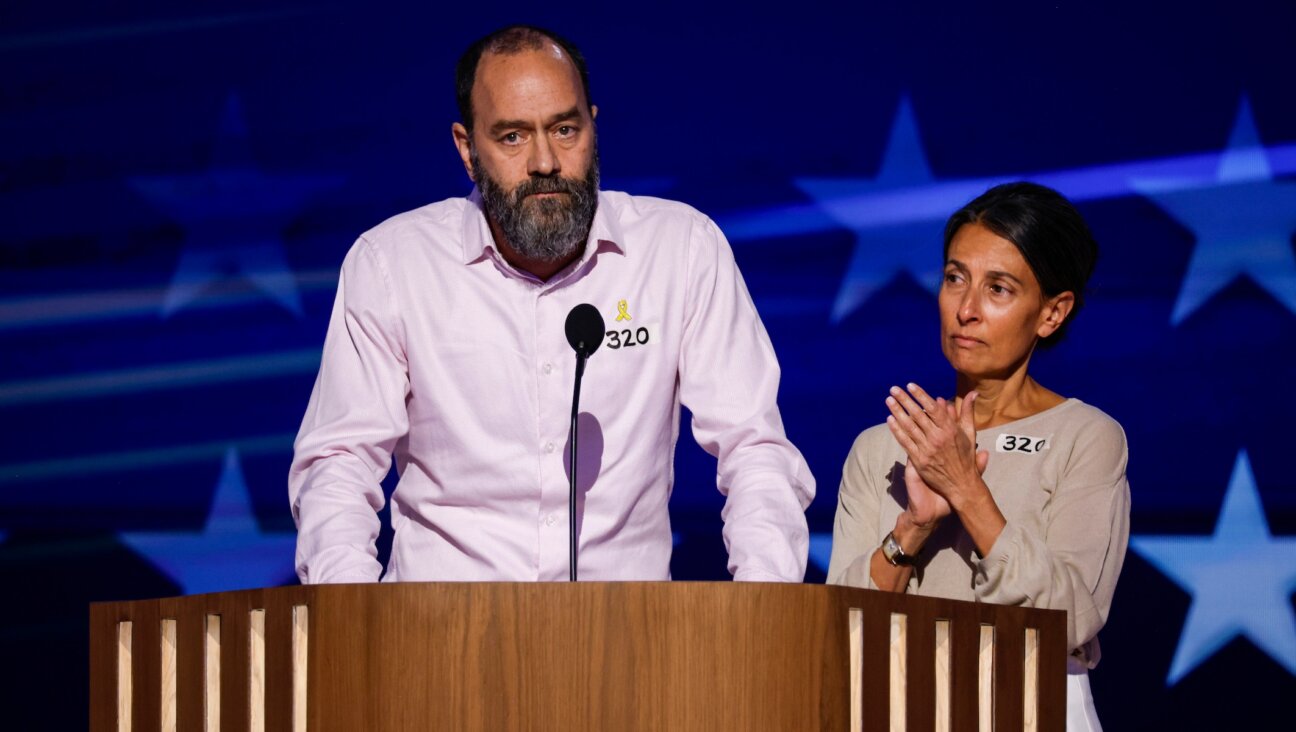Aleppo Codex Cited as World Treasure

Image by Wikimedia Commons
The Aleppo Codex — believed to be the world’s oldest surviving copy of the Hebrew Bible — has been officially recognized as a treasured item by the United Nations Educational Scientific and Cultural Organization.
The codex, which is on permanent display at the Israel Museum in Jerusalem, will be listed in UNESCO’s International Memory of the World Register, Haaretz reported Tuesday.
UNESCO officially recognized the codex on Monday, according to Haaretz, deciding it belongs in its registry of 300 items and collections from all over the world. The registry already includes two other items from Israel: the Israel Museum’s Rothschild Miscellany, a collection of illustrated 15th-century manuscripts, and the Pages of Testimony at the Yad Vashem Holocaust Museum, which documents the names and stories of Holocaust victims.
Written in northern Israel around 930 CE, the codex has a storied and transient history. It was smuggled into Israel from Syria 60 years ago, and since then 200 of the original 500 pages have mysteriously disappeared.
An award-winning 2013 book — “The Aleppo Codex: In Pursuit of One of the World’s Most Coveted, Sacred and Mysterious Books” — chronicles its history.
According to Haaretz, 7,200 pages of Isaac Newton’s papers, which are stored in Israel’s National Library in Jerusalem, was also added to the UNESCO registry this week.
A message from our Publisher & CEO Rachel Fishman Feddersen

I hope you appreciated this article. Before you go, I’d like to ask you to please support the Forward’s award-winning, nonprofit journalism so that we can be prepared for whatever news 2025 brings.
At a time when other newsrooms are closing or cutting back, the Forward has removed its paywall and invested additional resources to report on the ground from Israel and around the U.S. on the impact of the war, rising antisemitism and polarized discourse.
Readers like you make it all possible. Support our work by becoming a Forward Member and connect with our journalism and your community.
— Rachel Fishman Feddersen, Publisher and CEO























